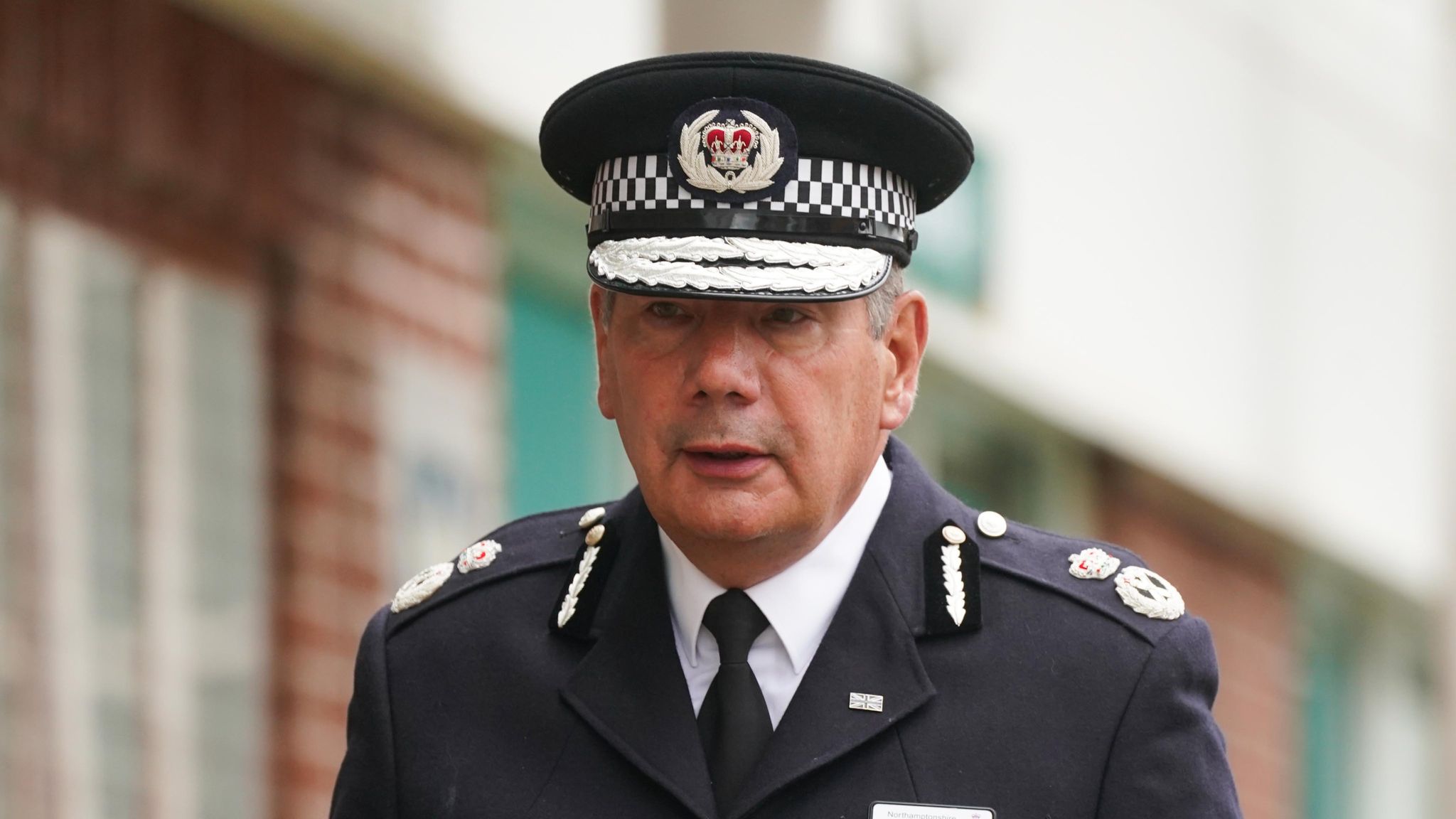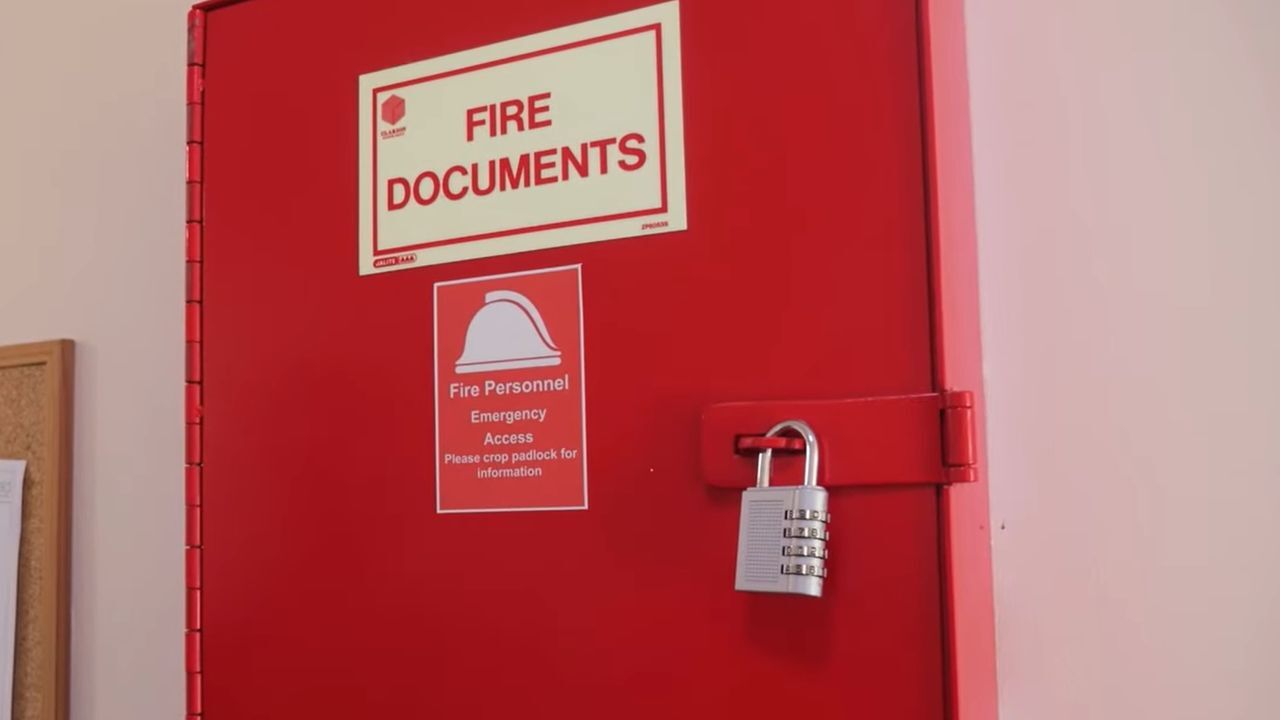
Introduction
Police Community Support Officers (PCSOs) play a crucial role in enhancing safety and security in communities across the United Kingdom. Established in 2002, the PCSO role was created to provide visible reassurance to the public, support policing operations, and engage effectively with local residents.
The Role and Responsibilities of PCSOs
PCSOs are a key component of community policing, tasked with a range of responsibilities that help complement the work of regular police officers. Their duties typically include:
- Patrolling neighbourhoods to deter crime and gather intelligence.
- Engaging with the community through discussions, meetings, and events to understand local issues.
- Providing visible presence and reassurance to residents, especially in high-crime areas.
- Assisting with traffic management and resolving minor disputes.
- Offering support during community events and being a point of contact for local residents.
A key advantage of having PCSOs is their ability to foster closer relationships between the police and the communities they serve. By focusing on community concerns, they encourage public involvement and trust in the policing process.
Recent Developments and Impact
In recent years, the role of PCSOs has gained more visibility, especially as communities faced challenges such as increasing crime rates and the complexities of social issues arising from the COVID-19 pandemic. Many police forces have reported significant successes attributed to the efforts of PCSOs. For example, the Thames Valley Police noted a 20% decrease in anti-social behaviour incidents in areas where PCSOs actively engaged with residents and local businesses.
Moreover, funding for PCSOs continues to be a topic of national discussion, particularly regarding how their roles can be maintained or expanded. In October 2023, funding increases were announced for many police forces, allowing for additional recruitment of PCSOs, ensuring they can continue to provide support to communities.
Conclusion
PCSOs serve a vital function in enhancing the safety and well-being of communities across the UK. Through their proactive presence and engagement, they help create safer environments and build trust between the police and the public. As discussions around public safety evolve, the importance of strong community ties will likely underscore future strategies in policing. The continued support for the PCSO role is emblematic of a commitment to neighbourhood safety and community-centred policing, ensuring that residents feel secure and connected.
You may also like

Curtis Sliwa: The Man Behind the Guardian Angels

Recent Developments with Police Chief Constable Nick Adderley
